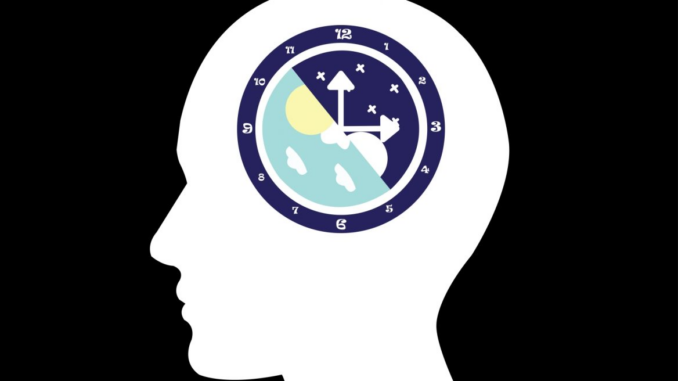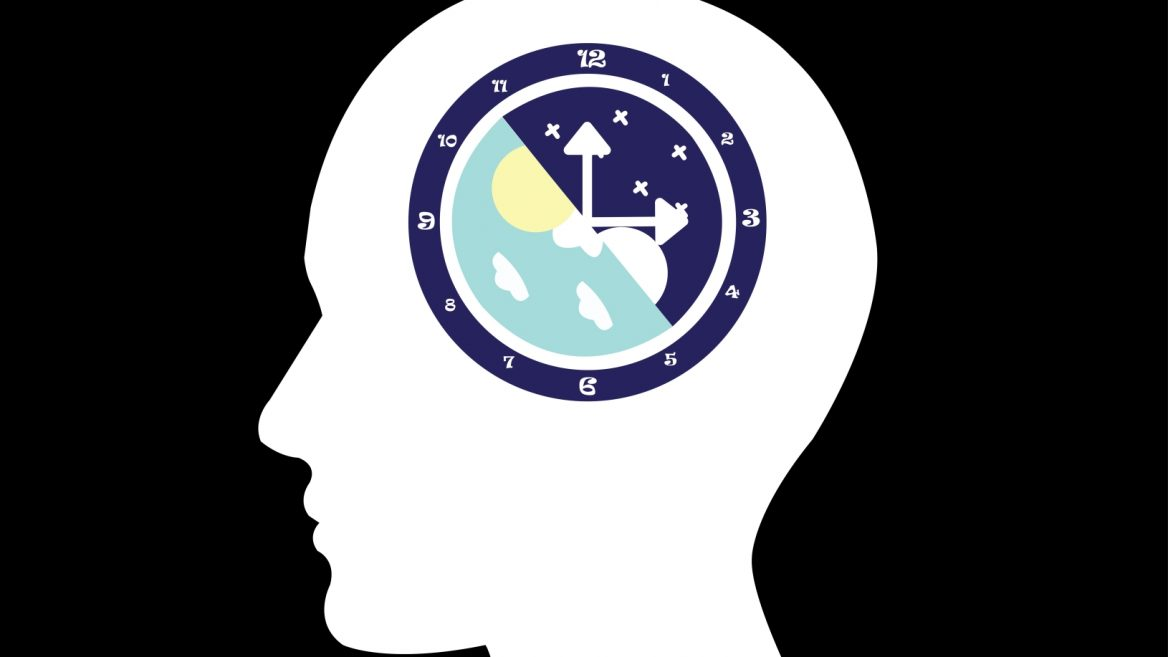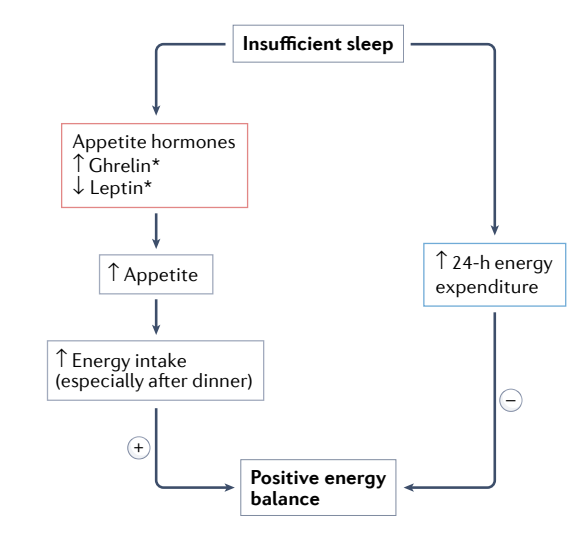
You’ll feel way better too with a lot more energy
Unsubscribe | Report as spam | Change email preferences
This 1 trick will instantly make you leaner
In the U.S., 40% of adults suffer from sleep problems.
That’s an incredibly high percentage.
It would be foolish to expect things to improve when almost half of the population can’t get a decent night’s sleep.
Well, what is the main cause of sleep problems?
Misaligned Circadian Rhythm.
You can think of the circadian rhythm as your body’s internal clock.
It regulates your sleep-wake cycle and works in the background to carry out essential functions and keep it running properly.
If your circadian rhythm is misaligned, everything starts going downhill in your body.
Because when the master clock is broken, your sleep is no longer restorative, which triggers a cascade of events that leads to poorer health.
Let’s look at the research of sleep experts who have studied this in depth.
This review was written by scientists at the University of Ottawa. It was published in Nature Reviews Endocrinology.
Sleep is a foundational pillar of health.
Unfortunately, modern times have ruined the sleeping patterns of all humanity.
“Modern society is active 24 h a day, 7 days a week, which is conducive to circadian misalignment.”
Before electricity was invented, people lived their lives according to the sun.
They were outside when the sun was up, and when the sun went down, they slept.
But now, our sleep patterns have changed, and sleep disruptors have grown in number.
According to this review, some of those sleep disruptors (which they call “sleep-stealers”) are:
- Modern Working Patterns
- Screen time (artificial light from technological devices)
- Sleep-disrupting substances such as caffeine and nicotine
- Modern emotional stressors and sleep (mental stress)
- Lack of sun exposure
So what kind of problems do sleep problems, of which circadian rhythm misalignment is the biggest culprit, create in the body?
It increases your body’s energy expenditure, which makes you eat more than you should.
“Similar to total sleep deprivation, insufficient night-time sleep increases 24-h energy expenditure, in this case by 4–5%.”
What makes you eat more is a dysfunction in the hormones that balance your body’s hunger and satiety.
Moreover, sleep disturbances distort your brain perception and make you prefer “unhealthy” foods.
In other words, not only do you eat more, but these meals tend to be unhealthy.
“Both conditions resulted in increased activation of areas of the brain associated with an increased desire for energy intake when the volunteers were shown pictures of food items, particularly foods with high caloric content that could be deemed ‘unhealthy’ options.”
And, of course, all of this leads to one thing: obesity.
People who sleep less are 38% more likely to be obese.
“Short sleep duration (defined in most of the cited studies as less than 5 or 6h per day) is associated with a 38% absolute increase in the incidence of obesity.”
The problems that lack of sleep causes in the body are actually much more – but this review is more focused on obesity and metabolic syndrome.
“Other adverse metabolic health outcomes commonly associated with insufficient sleep and/or circadian misalignment include T2DM, cardiovascular disease, hypertension, and dyslipidemia”
Here are my suggestions for you to realign your circadian rhythm:
- As soon as you wake up, go outside and get morning sun.
- Don’t skip breakfast.
- Avoid eating late at night.
- Reduce blue-light exposure at night (put on some blue-light blockers)
- Avoid caffeine after 2 pm
- Have short naps throughout the day
- Limit alcohol consumption
If you do these things properly, you will see improvements in no time.
—-Important Message—-
Feeling tired all the time? This may be why…
Struggling to stay up past 9pm no matter how late you wake up?
Avoiding the gym because you’re just so fatigued?
Craving your bed no matter how much caffeine you drink?
The problem could be low brain blood sugar.
I had this problem myself and nothing would fix it.
Until I discovered how to raise my brain blood sugar and feel more energy and stamina every day.
I’ve even given up my afternoon naps thanks to this discovery.
Join me in never feeling tired again (and having more stamina in bed too)
———-





